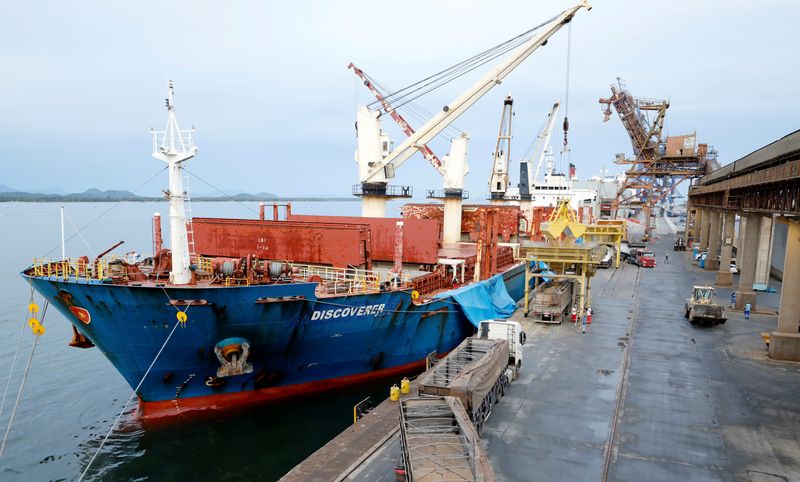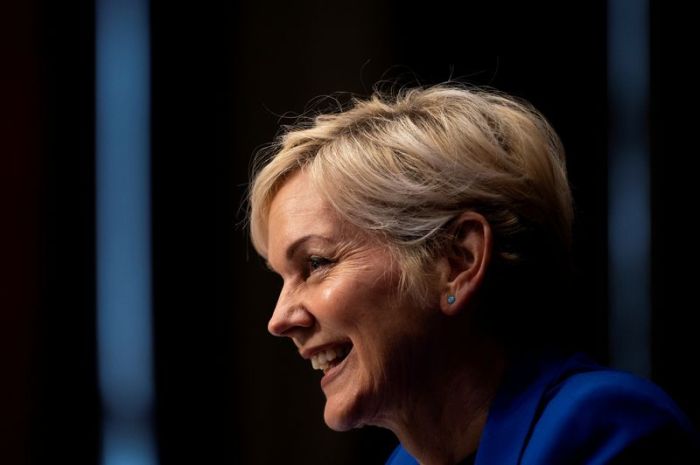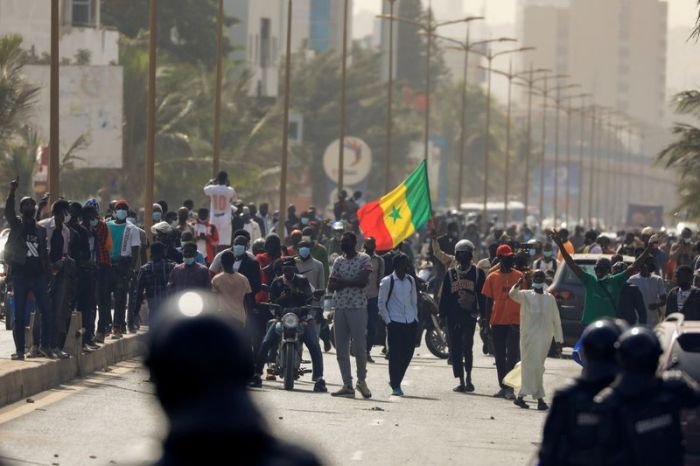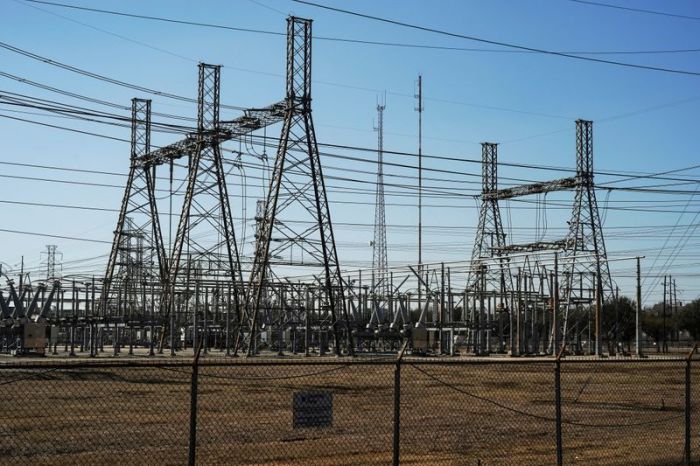BRASILIA (Reuters) – Brazil’s economy shrank by 4.1% last year due to the coronavirus pandemic, its worst drop in decades, data showed on Wednesday, as a devastating second wave of COVID-19 threatens to cut short a stronger-than-expected rebound at the end of 2020.
Latin America’s largest economy grew by 3.2% in the fourth quarter, according to official statistics agency IBGE, more than the 2.8% median estimate in a Reuters poll of economists.
However, that recovery, based on consumption by households receiving emergency government cash transfers, may be eroded by a resurgent outbreak now killing record numbers of Brazilians and adding to fears of another downturn early this year.
The full-year 2020 drop was the worst since the current IBGE series began in 1996. The 2020 plunge was also the worst since a 4.35% fall in GDP recorded in 1990, according to central bank data going back to 1962, and the third-steepest in that series.
Among the gloomiest forecasts at the onset of the pandemic, the World Bank and International Monetary Fund estimated that Brazil’s 2020 GDP would shrink by 8% and 9.1%, respectively.
“People expected us to fall 10%,” said President Jair Bolsonaro, who has played down the gravity of the pandemic and attacked governors for lockdowns to slow its spread. “What made the economy move, in part, was the emergency aid,” he added.
The 3.2% expansion in the fourth quarter was led by 2.7% growth in services, 3.4% expansion in household consumption, and a 20% surge in fixed business investment, IBGE said.
“We had a big fall (in activity) last year, but with the emergency aid, it was much smaller than originally predicted. It could have been much worse … but the public finances are now very fragile,” said Alexandre Almeida, economist at CM Capital in Sao Paulo.
The government’s cash transfers to millions of poor families last year totaled some 322 billion reais ($56.5 bln), a boost of around 4.5% of GDP. Lawmakers are working on a new, smaller aid package, putting markets on edge about the undermining of fiscal discipline.
Mexico, which did not provide anywhere near as generous a fiscal support package, saw its economy slump 8.5% last year.
Over the course of the year only Brazilian agriculture showed positive growth, up 2% from 2019. Services and household consumption fell 4.5% and 5.5%, respectively, due to COVID-19 and restrictions to combat its spread.
GDP per capita fell 4.8%, IBGE said, the steepest fall since at least 2000.
IBGE figures show economic activity is still 1.2% below its level at the end of 2019 and 4.4% below its peak in 2014.
With more fiscal stimulus on the way after strong fourth-quarter growth, the central bank may be forced to start raising interest rates this month, wrote UBS economist Fabio Ramos in a note to clients warning of a “tough road ahead.”
($1 = 5.70 reais)
(Reporting by Jamie McGeever; Additional reporting by Tatiana Bautzer in Sao Paulo; Editing by Brad Haynes, Bernadette Baum and Richard Pullin)


























